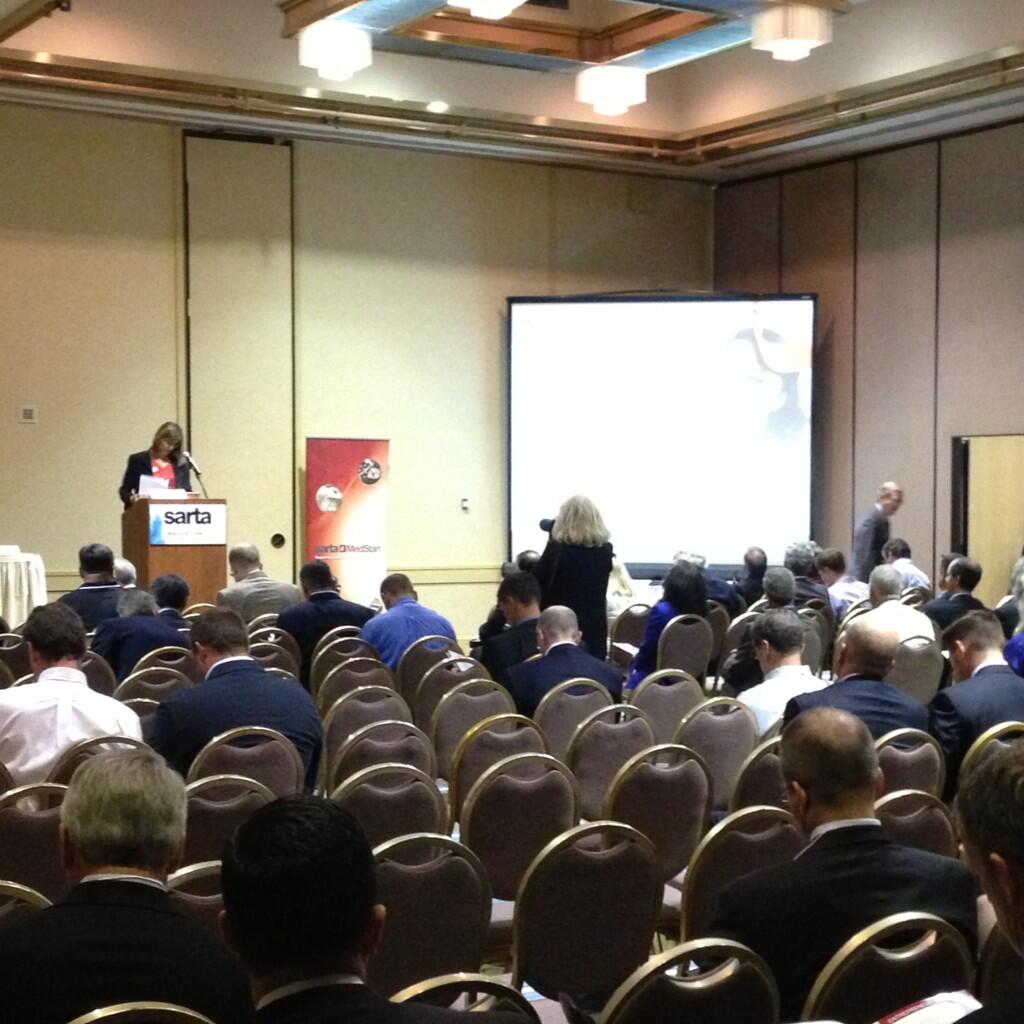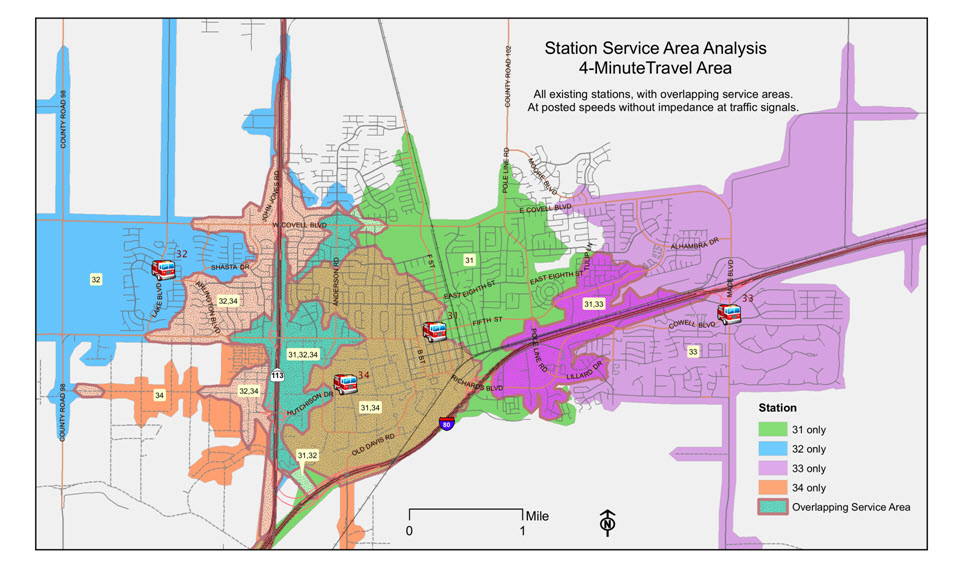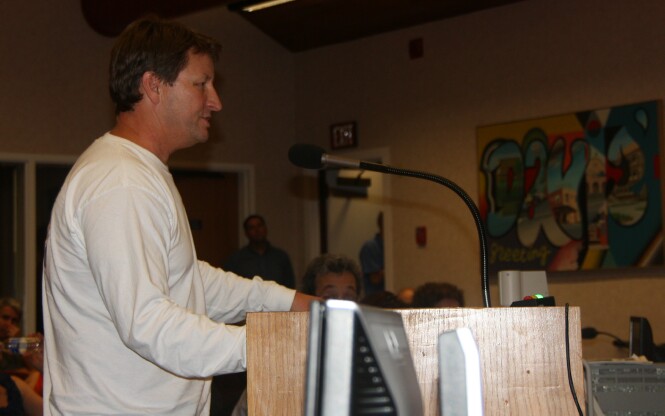Commentary: Council Continues to Clean Out the Closet
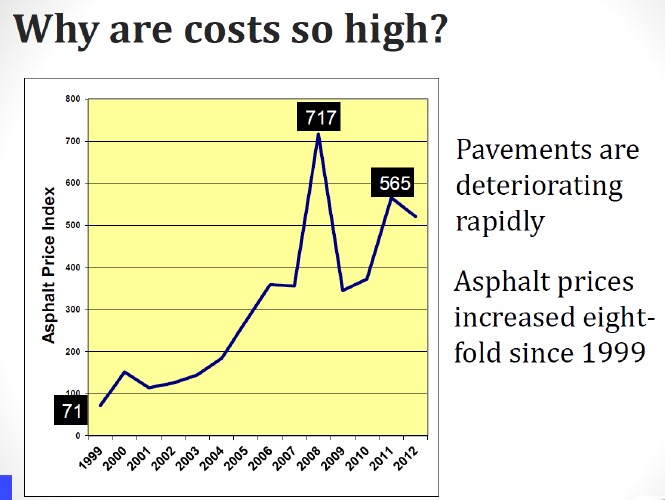
Council Makes the Tough Call But This is a Bittersweet Day At Best – It was not quite as dramatic as the scene three weeks ago when the Davis City Council voted in a contested 3-2 vote to reduce fire staffing – an issue we have been touting for five years now. Instead, it was a 5-0 vote with little fanfare, relatively late in the evening but not absurdly so, and that fixed a vexing problem we have been covering since February of 2009 – roads.
Those who do not want to read about the past, avert your eyes, because we need to ask this critical question – what if the council had acted with the vigor and resolve we saw from this council on Tuesday night in dealing with the pavement issue head on back in 2009, when Bob Clarke first sounded the alarm on the issue – back when it was believed we could deal with the problem by pumping in a mere few million per year?

 The Davis City Council approved unanimously on Tuesday night the funding and budgeting strategy for pavement maintenance, in concept, for the multi-year effort in which a huge amount of money would be spent up front with smaller ongoing payments.
The Davis City Council approved unanimously on Tuesday night the funding and budgeting strategy for pavement maintenance, in concept, for the multi-year effort in which a huge amount of money would be spent up front with smaller ongoing payments.
 When the city of Davis originally entered into a contract with their professional labor negotiator on December 6, 2011, the contract with Renne Sloan Holtzman Sakai, LLP, authorizes negotiator Tim Yeung to serve as chief labor negotiator to provide labor negotiation services for the labor negotiations with all the employee groups. It was originally set at $50,000.
When the city of Davis originally entered into a contract with their professional labor negotiator on December 6, 2011, the contract with Renne Sloan Holtzman Sakai, LLP, authorizes negotiator Tim Yeung to serve as chief labor negotiator to provide labor negotiation services for the labor negotiations with all the employee groups. It was originally set at $50,000.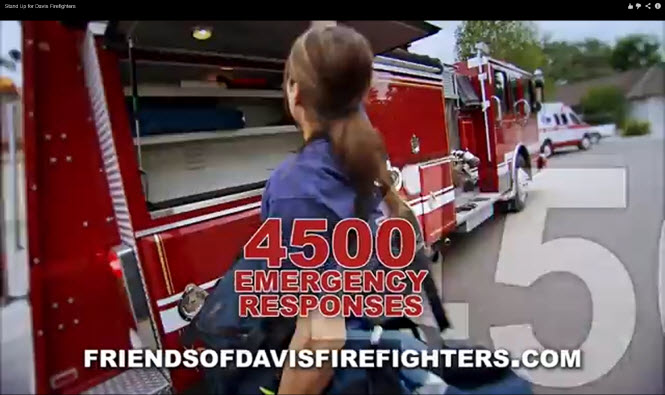 Yesterday, we responded to the op-ed by Glen Byrns, the Davis resident who recounted his story about the garage fire.
Yesterday, we responded to the op-ed by Glen Byrns, the Davis resident who recounted his story about the garage fire.